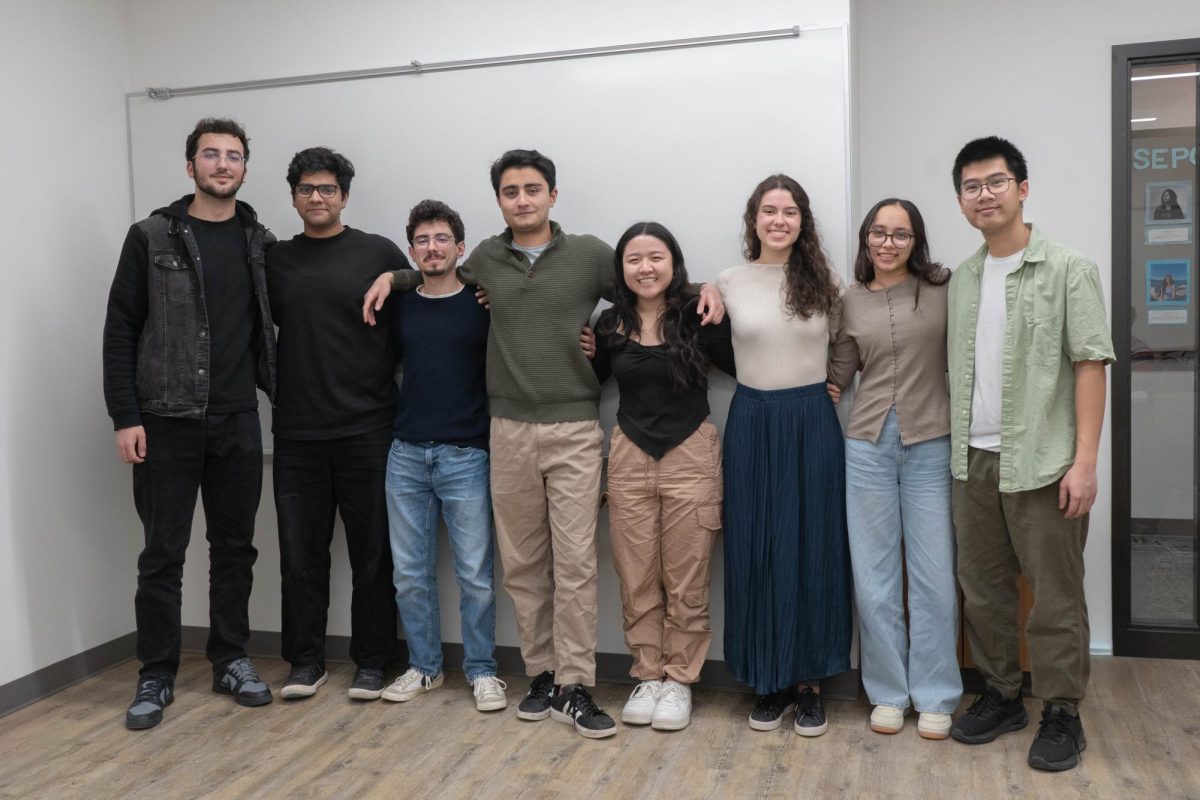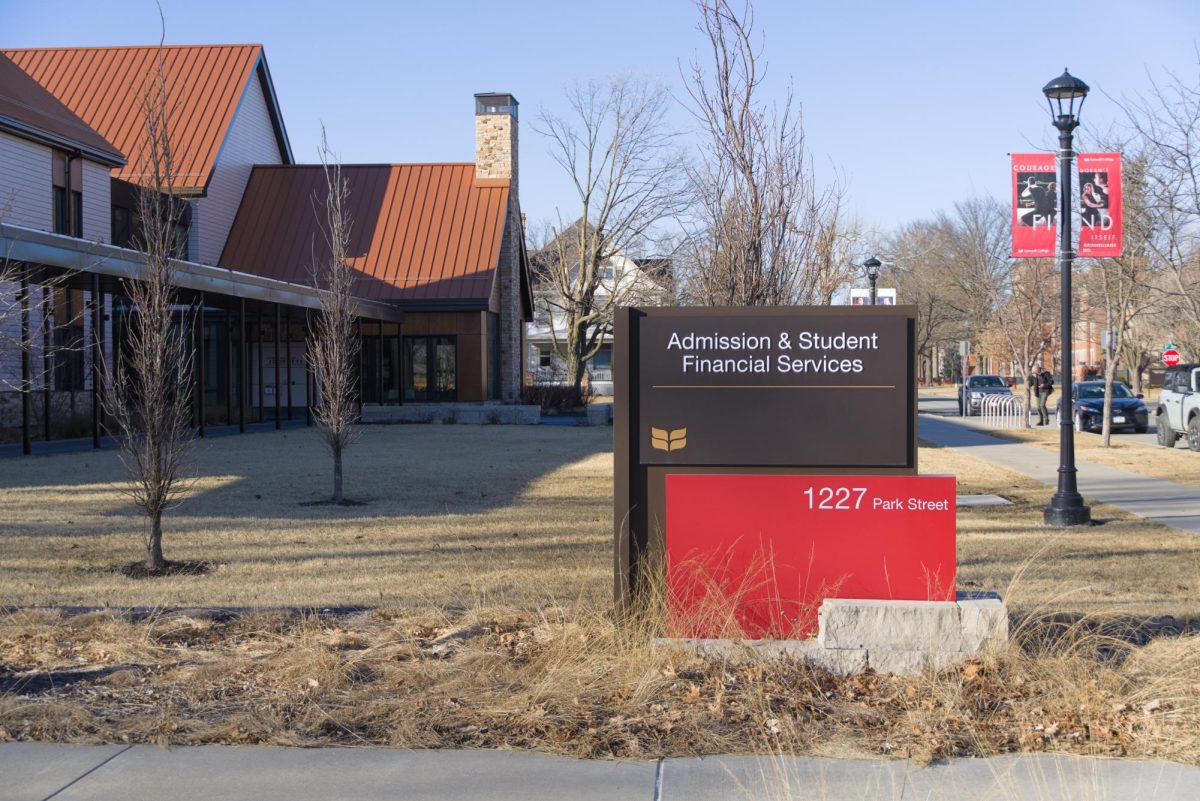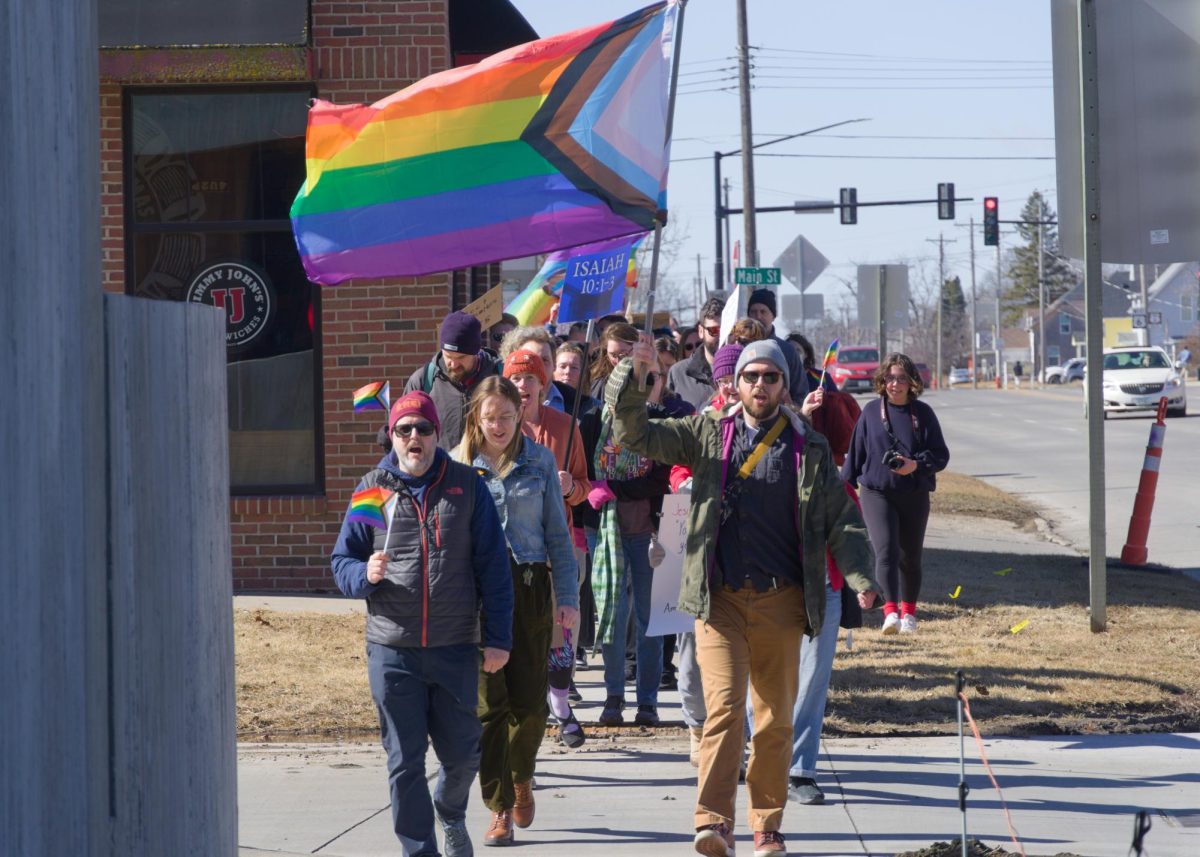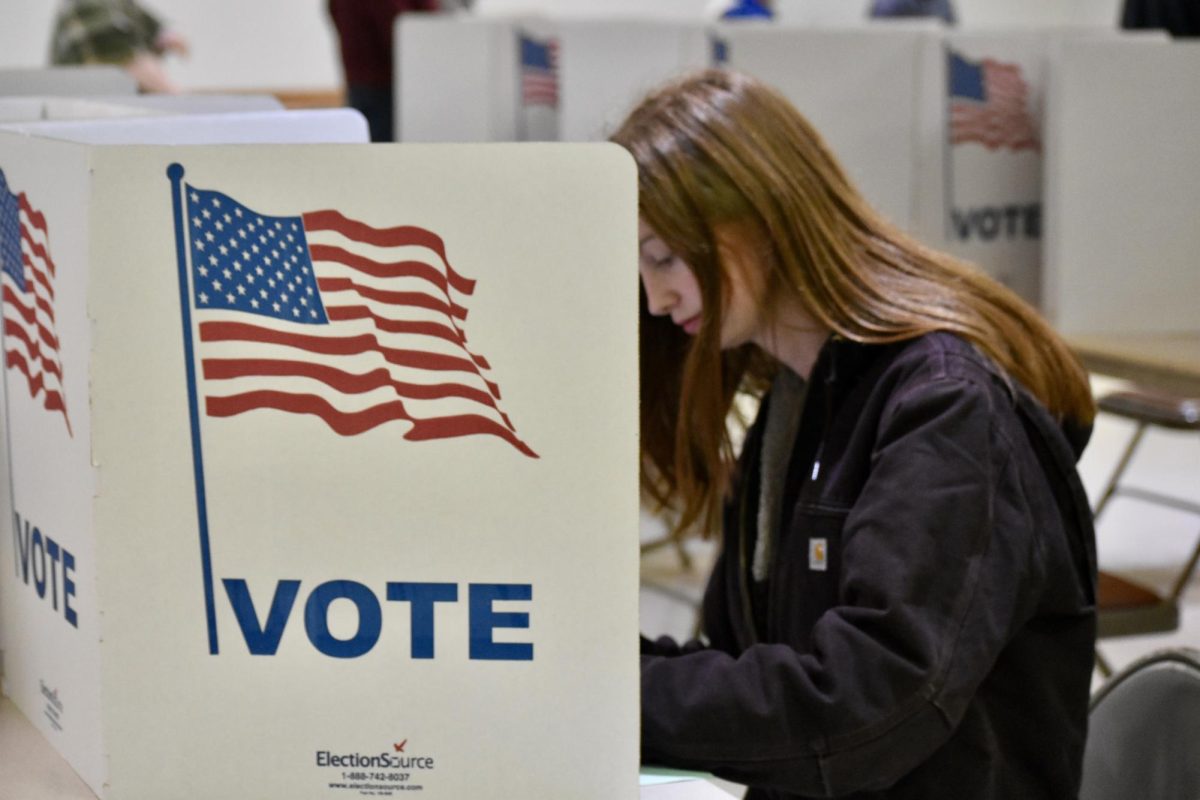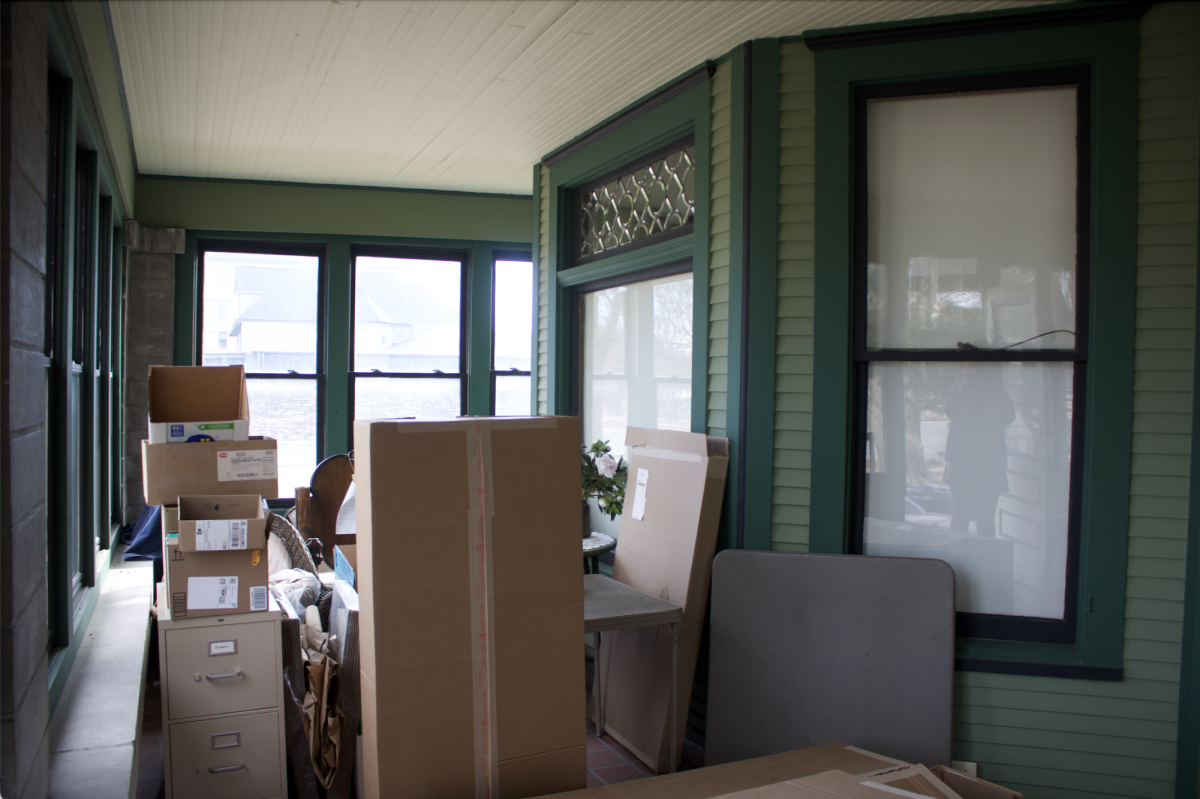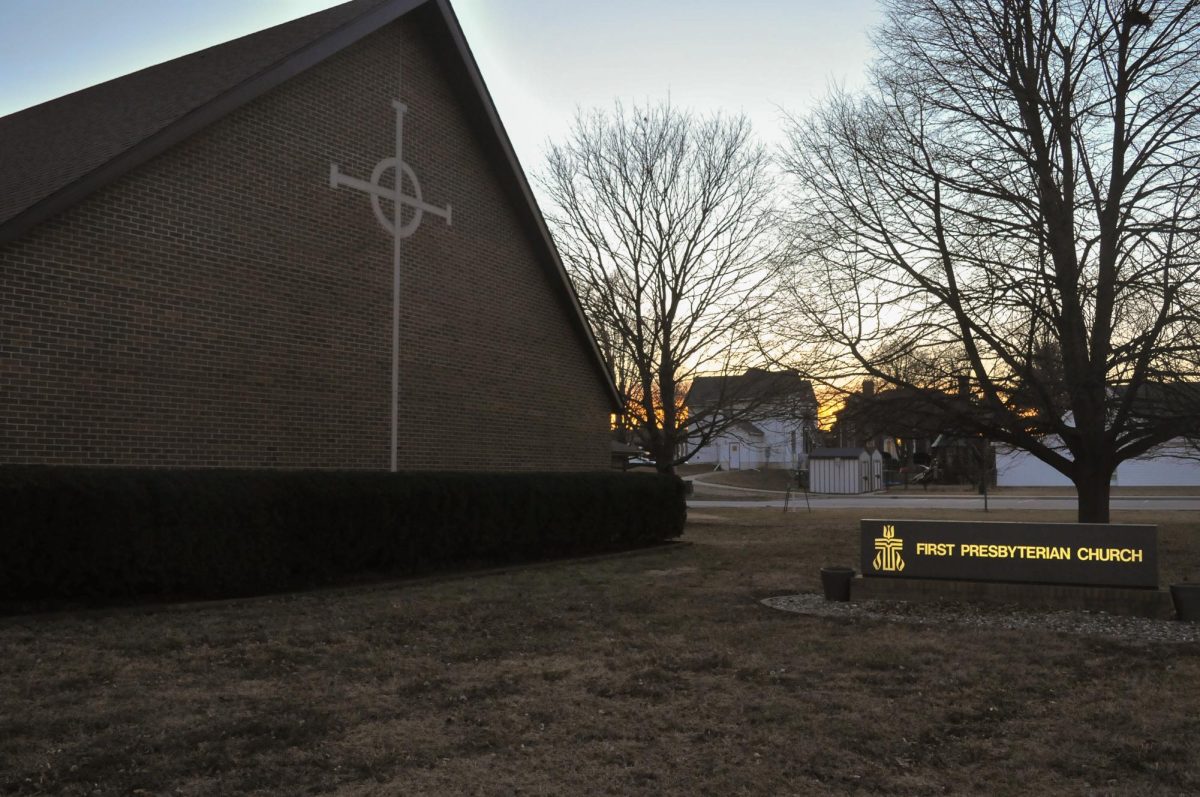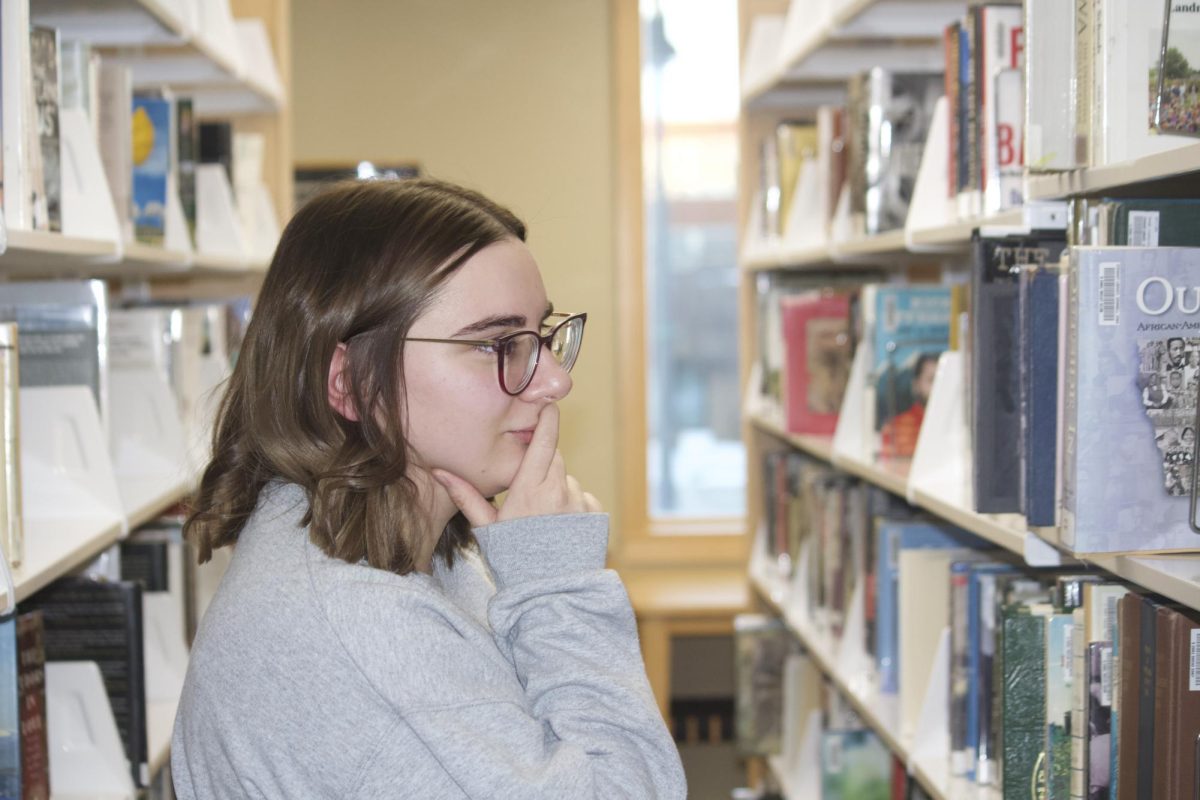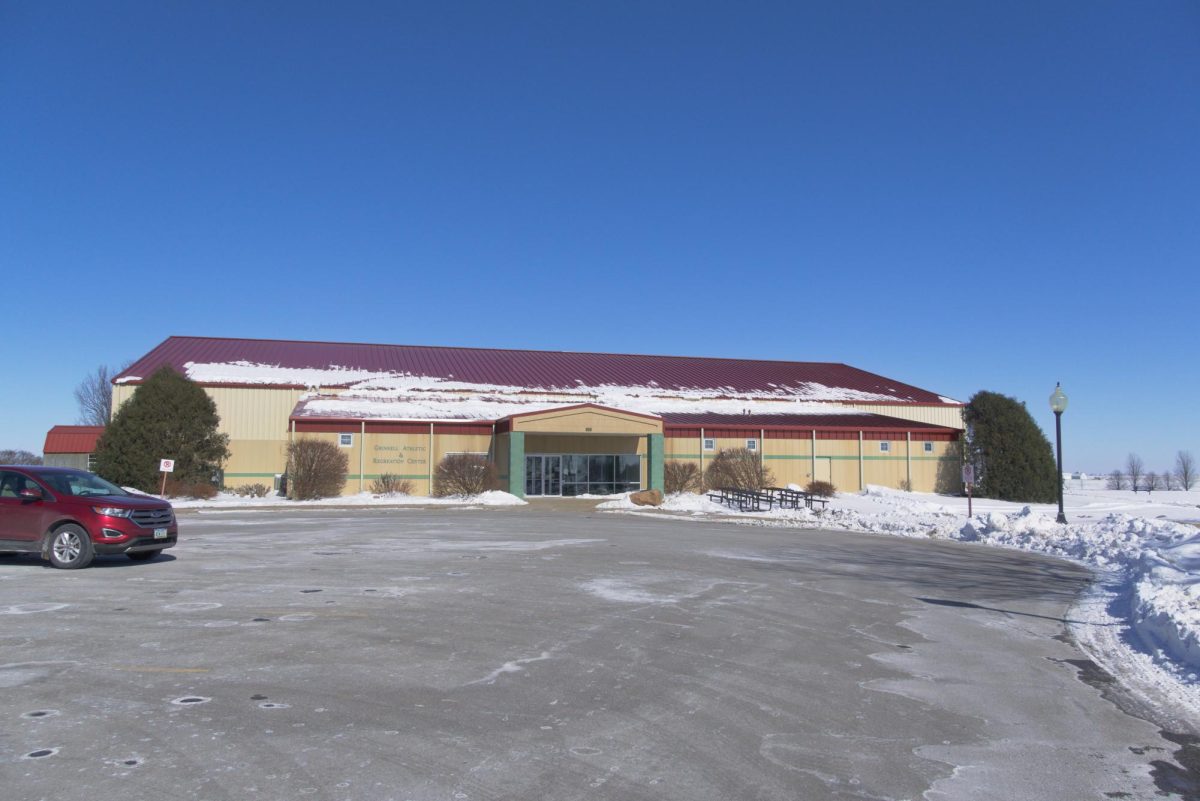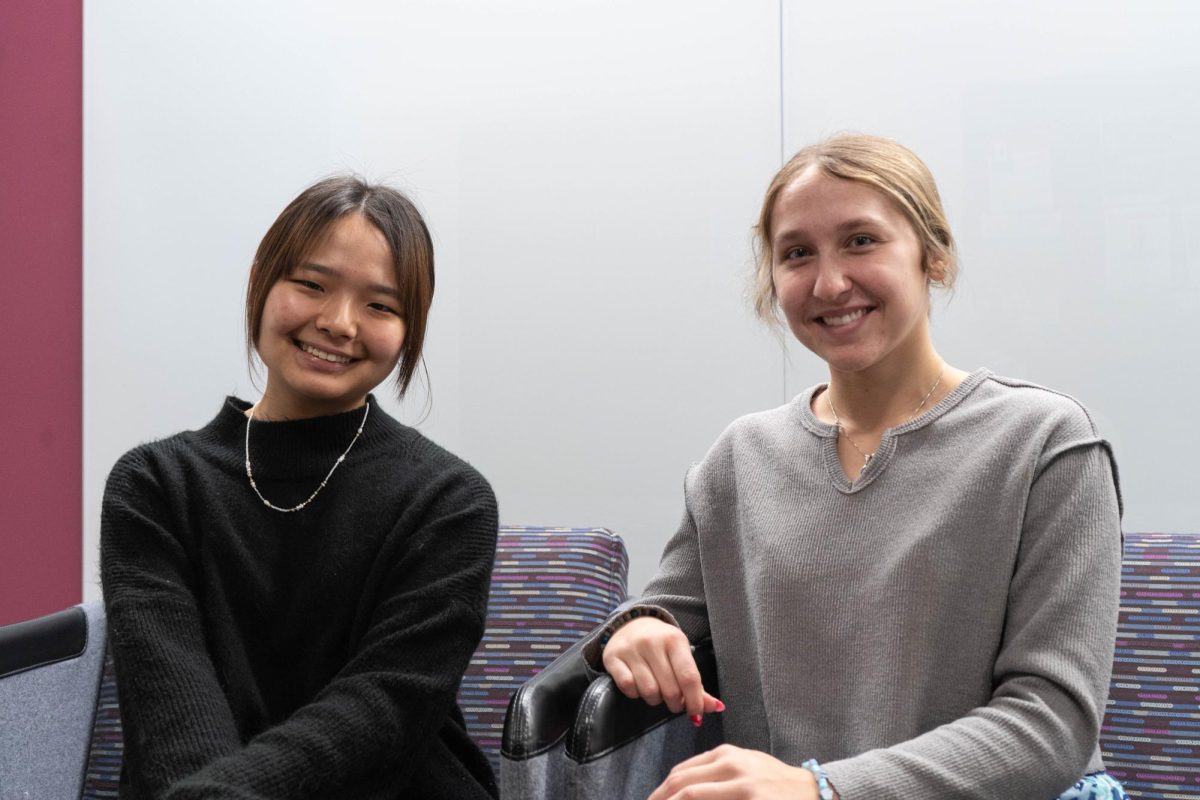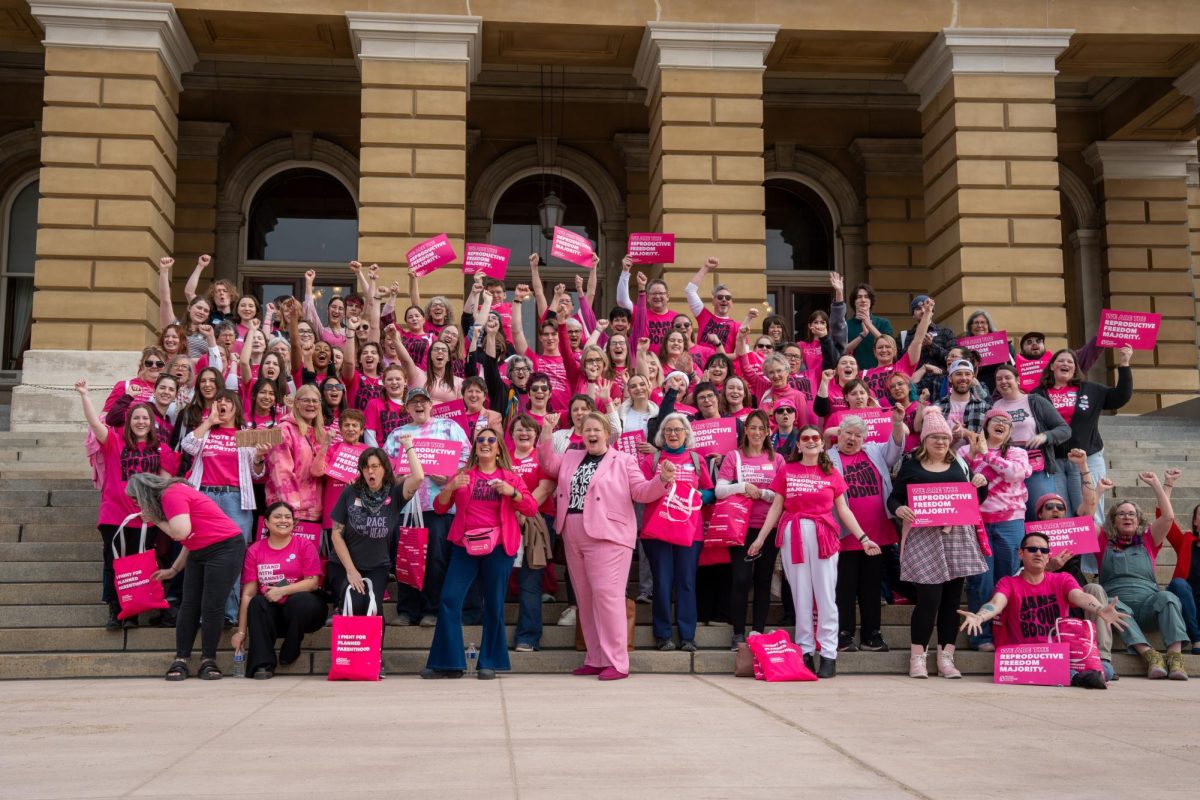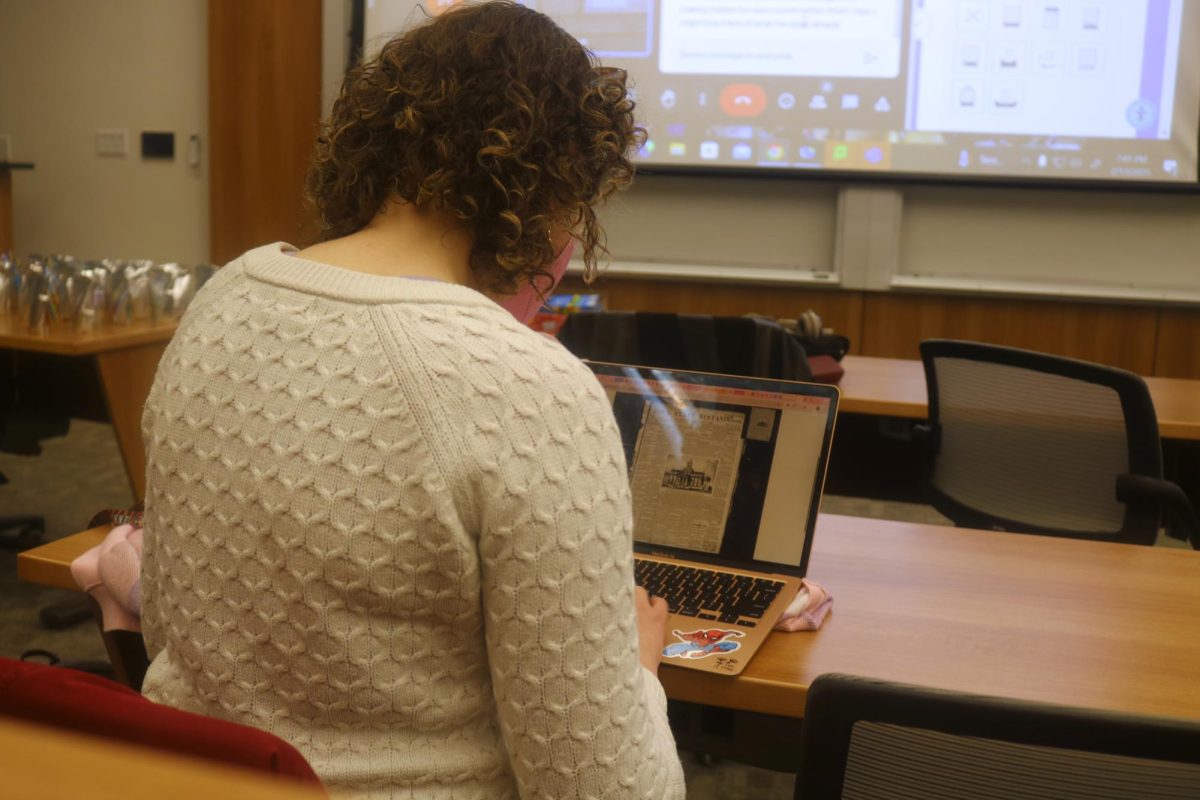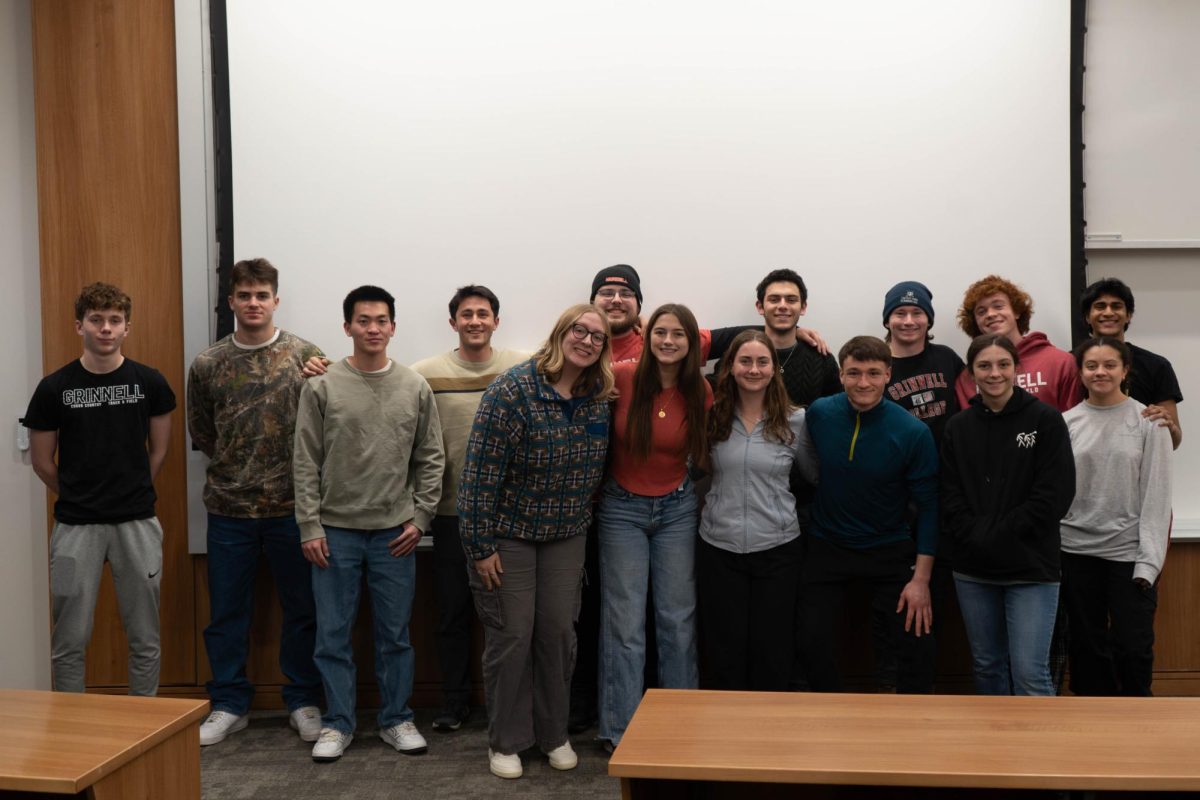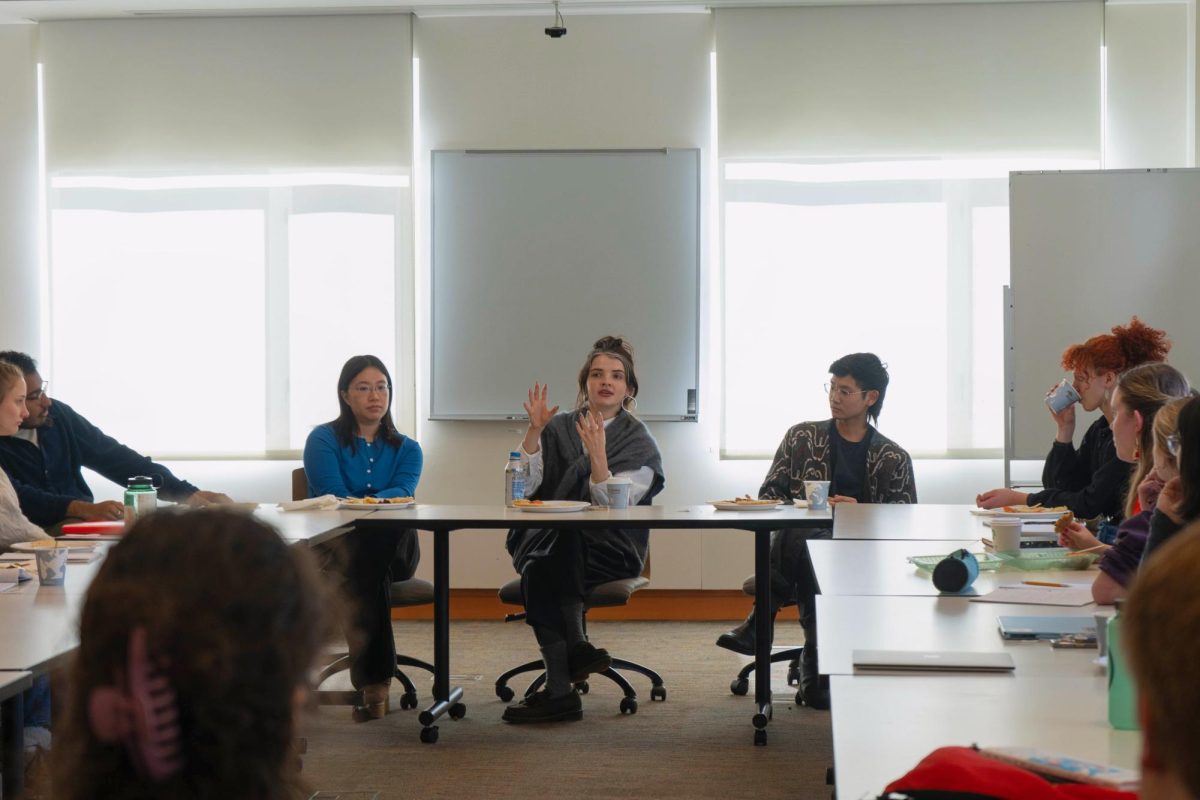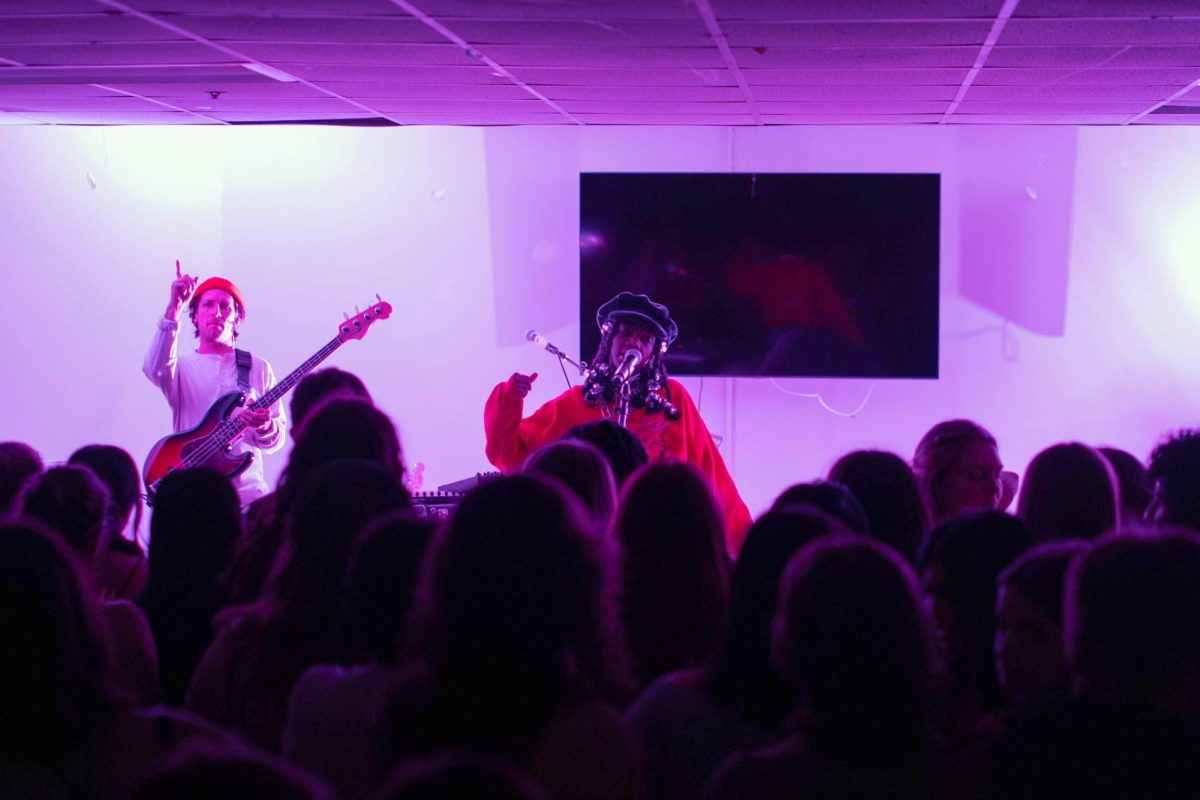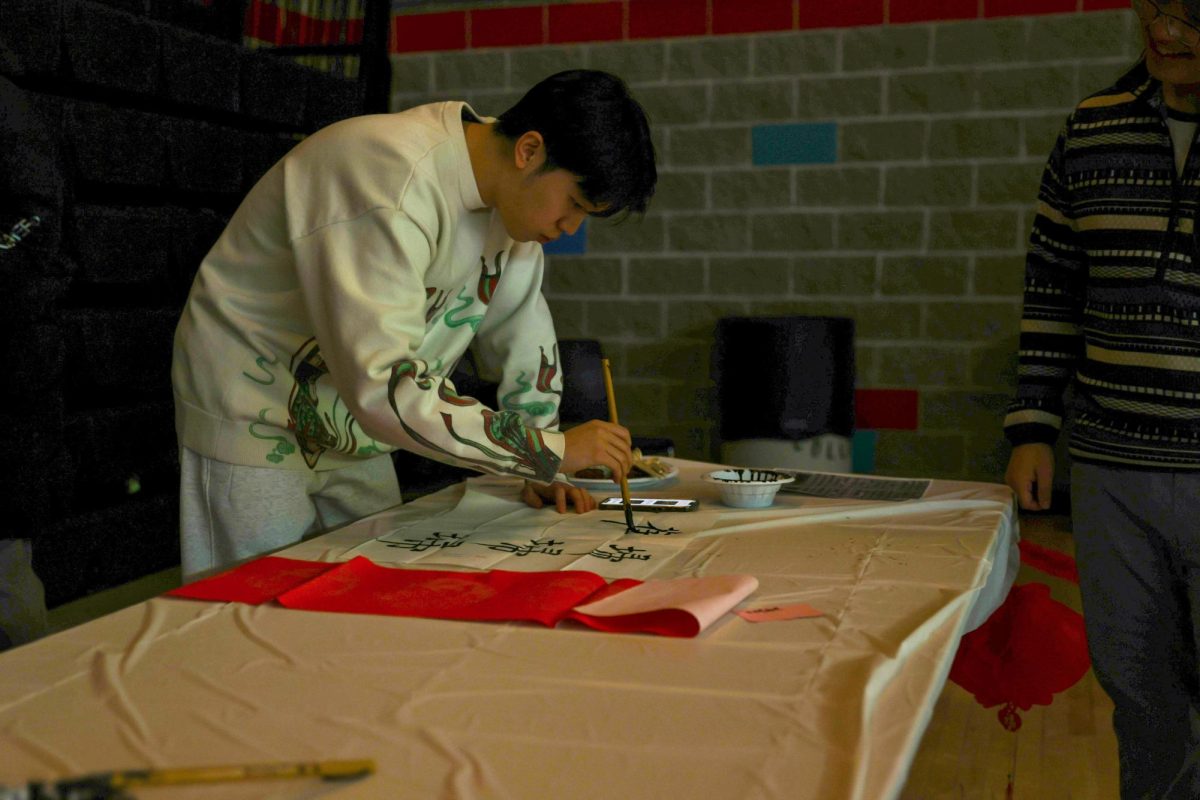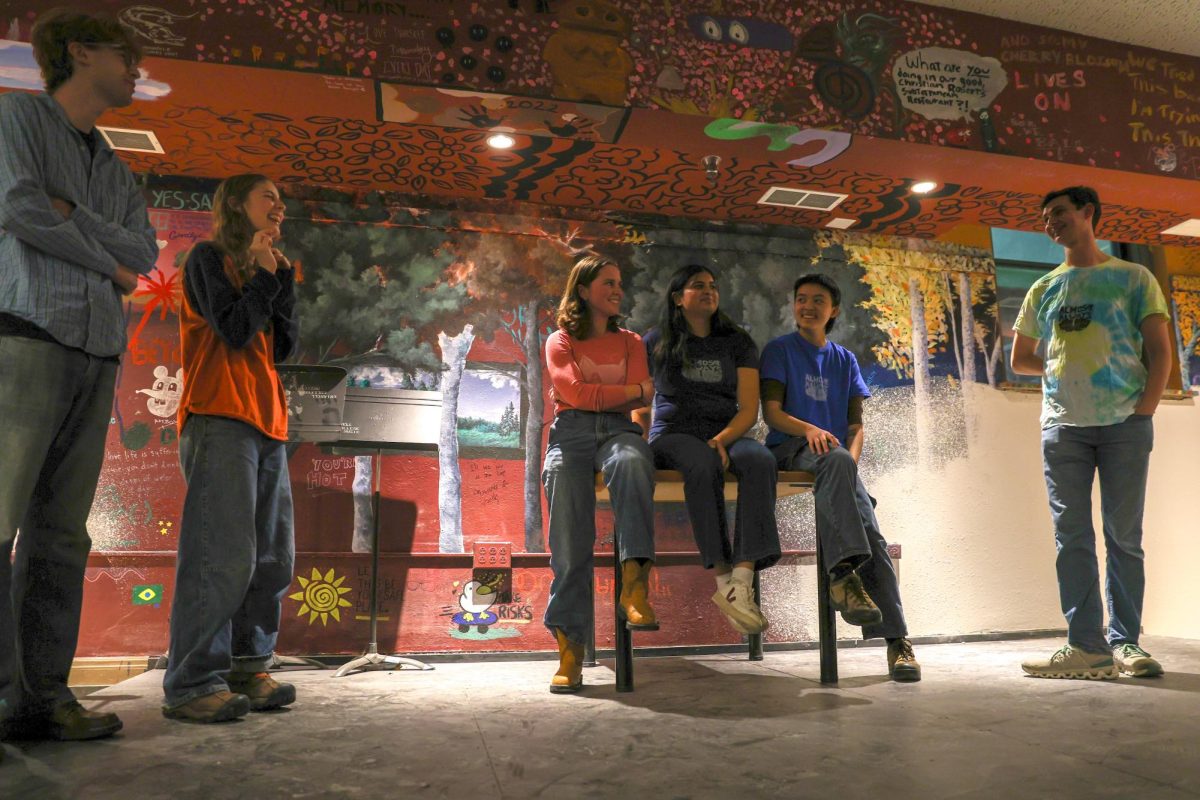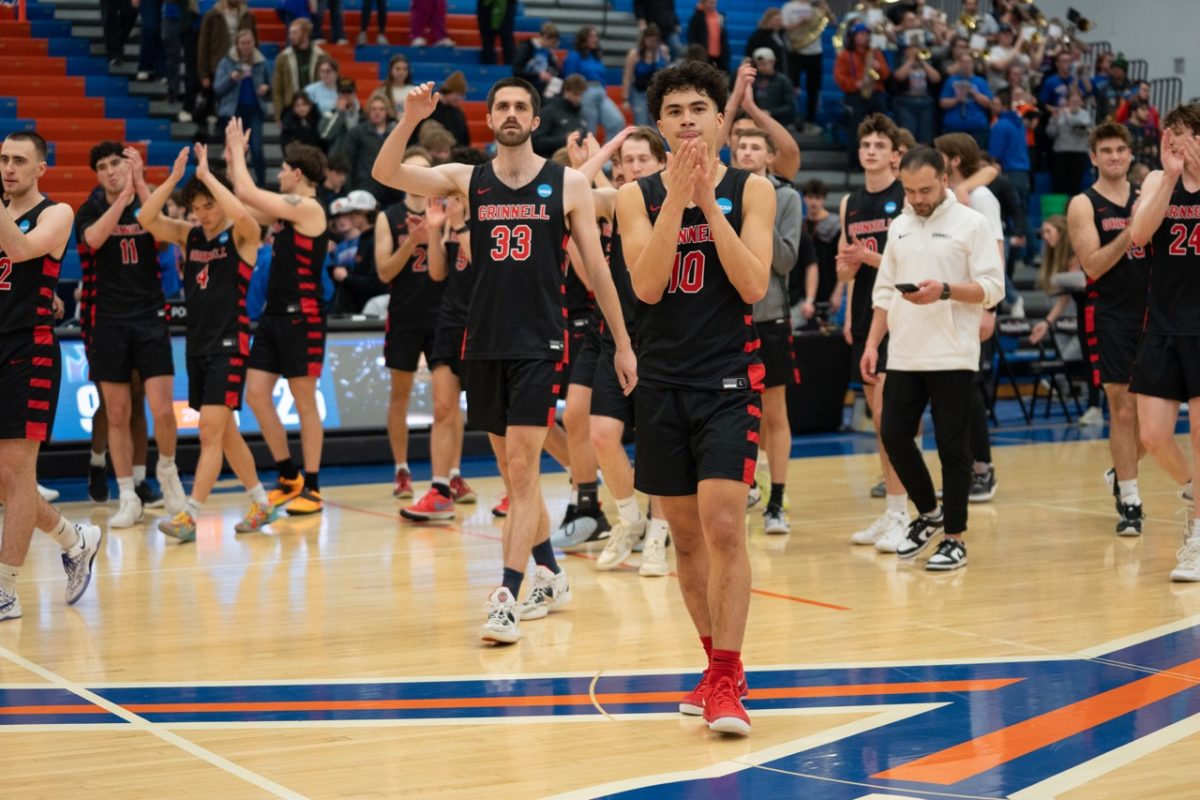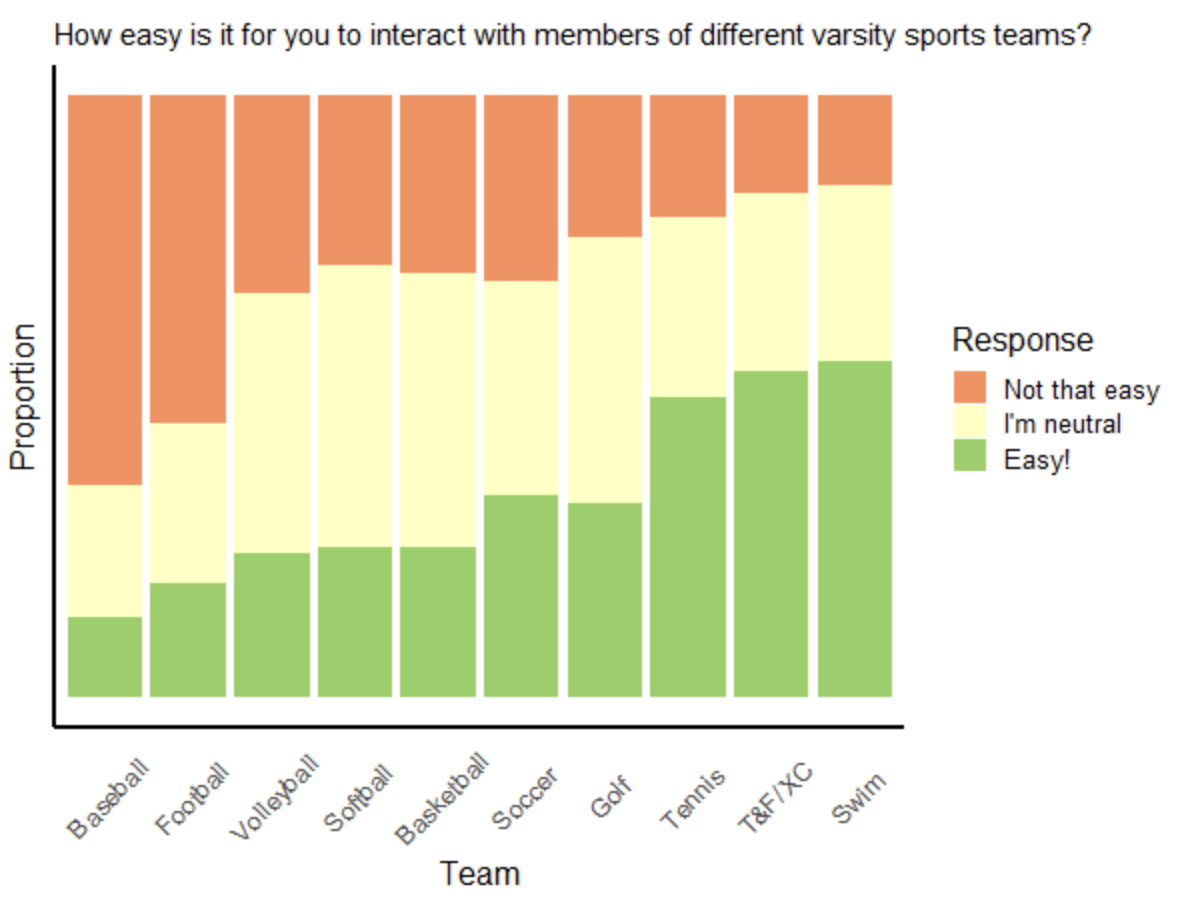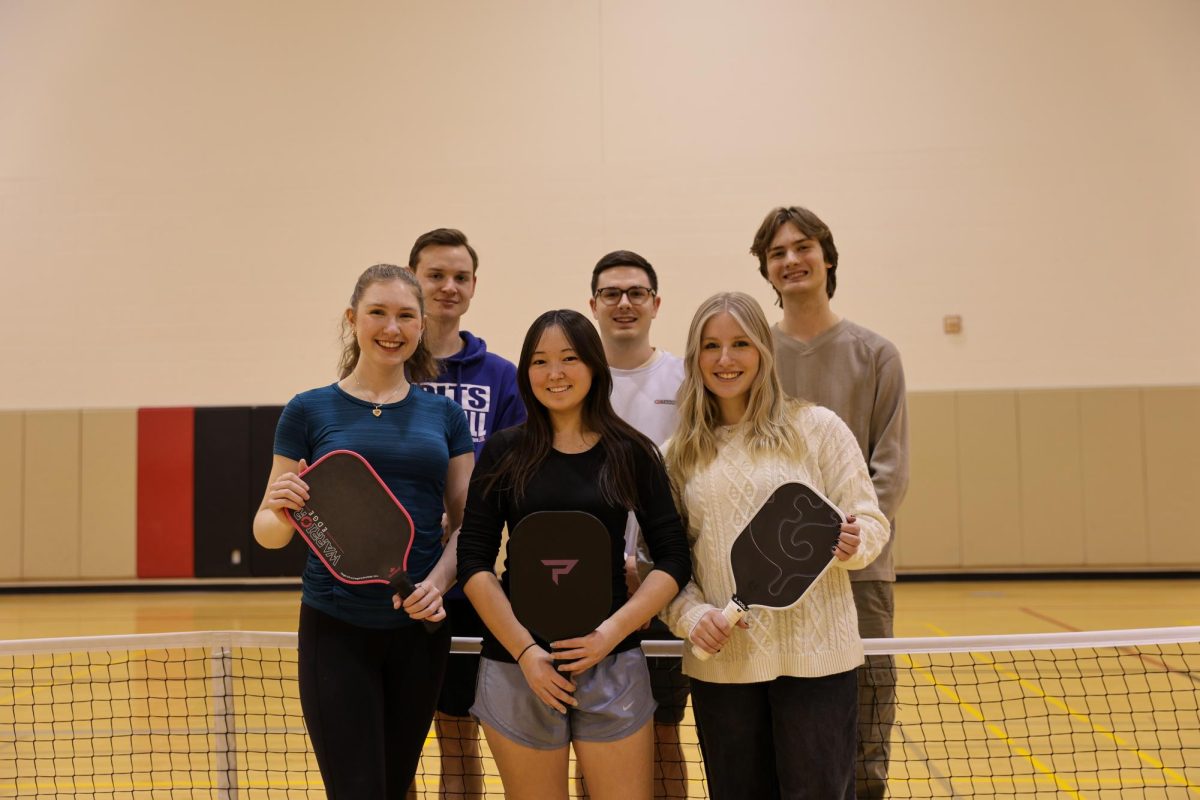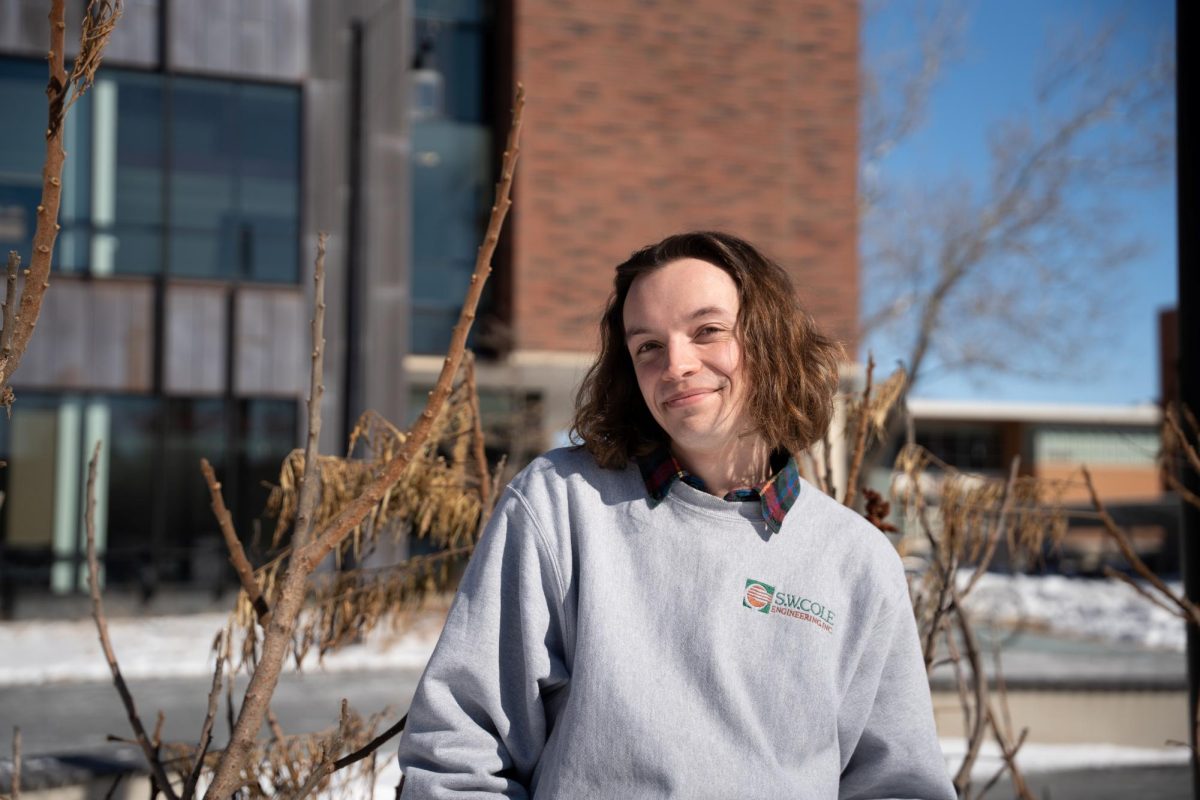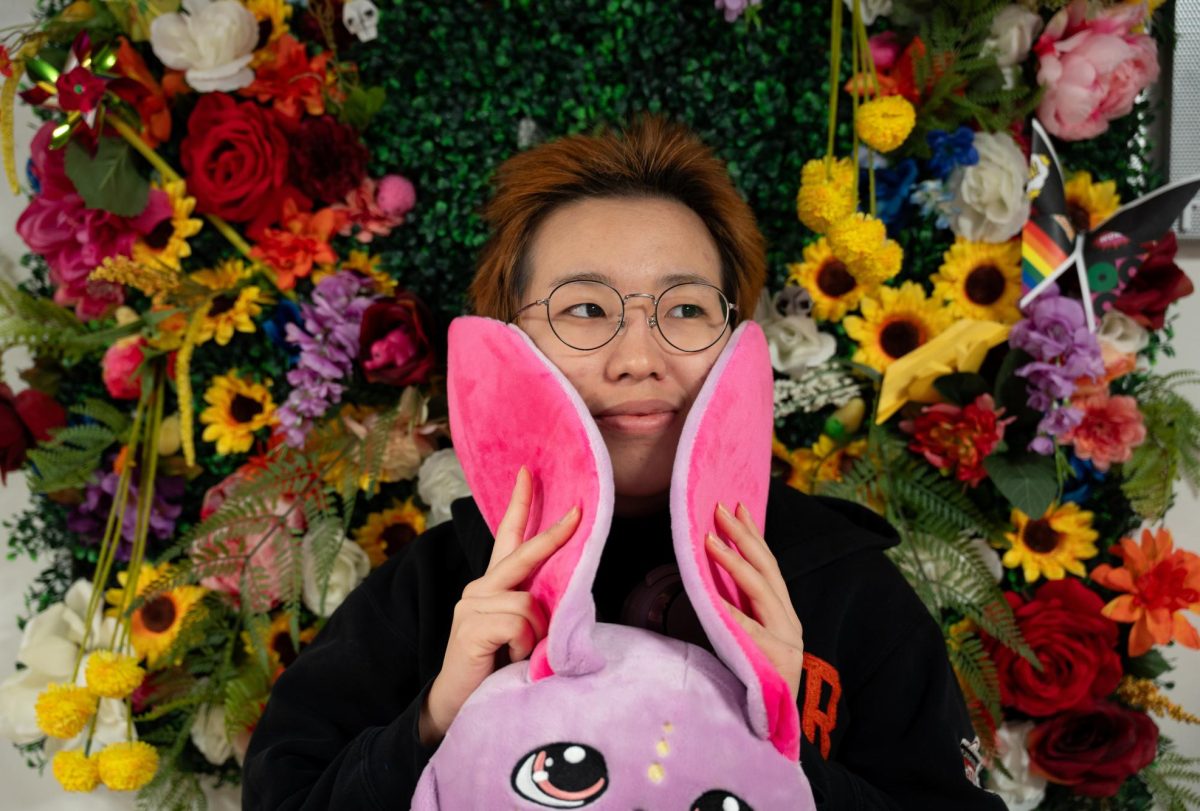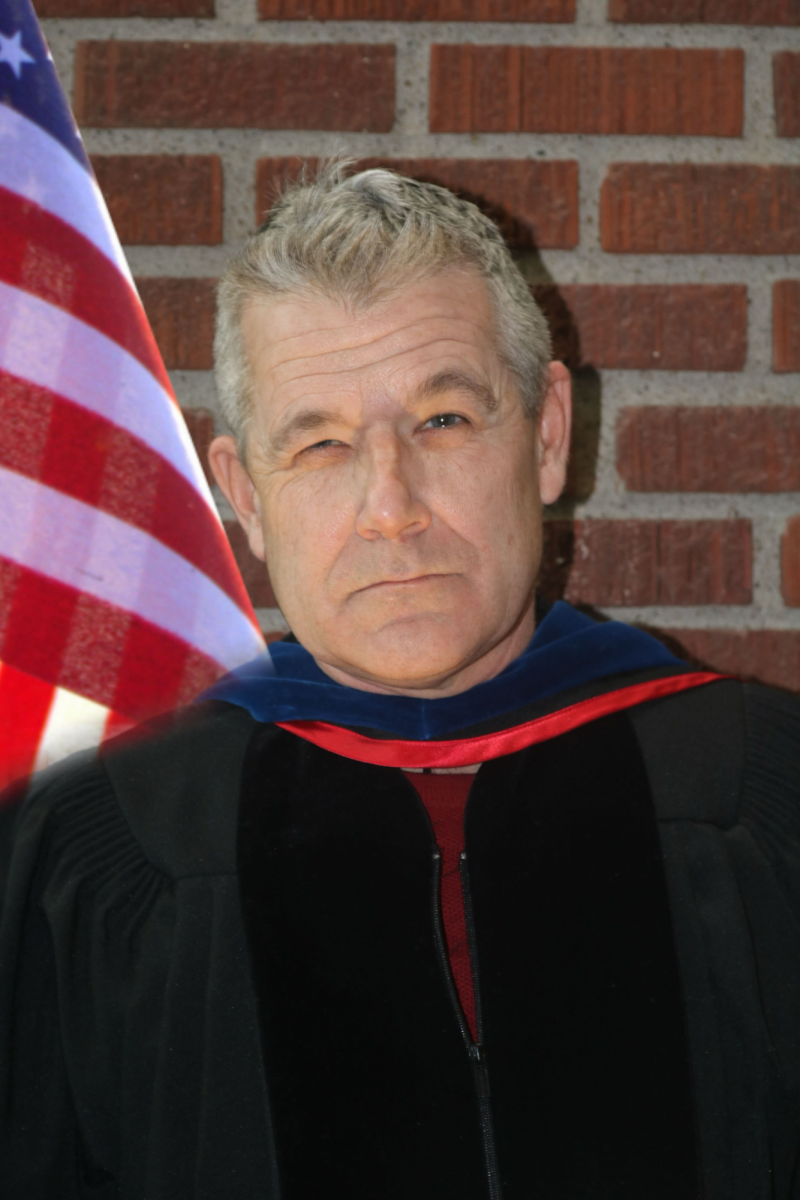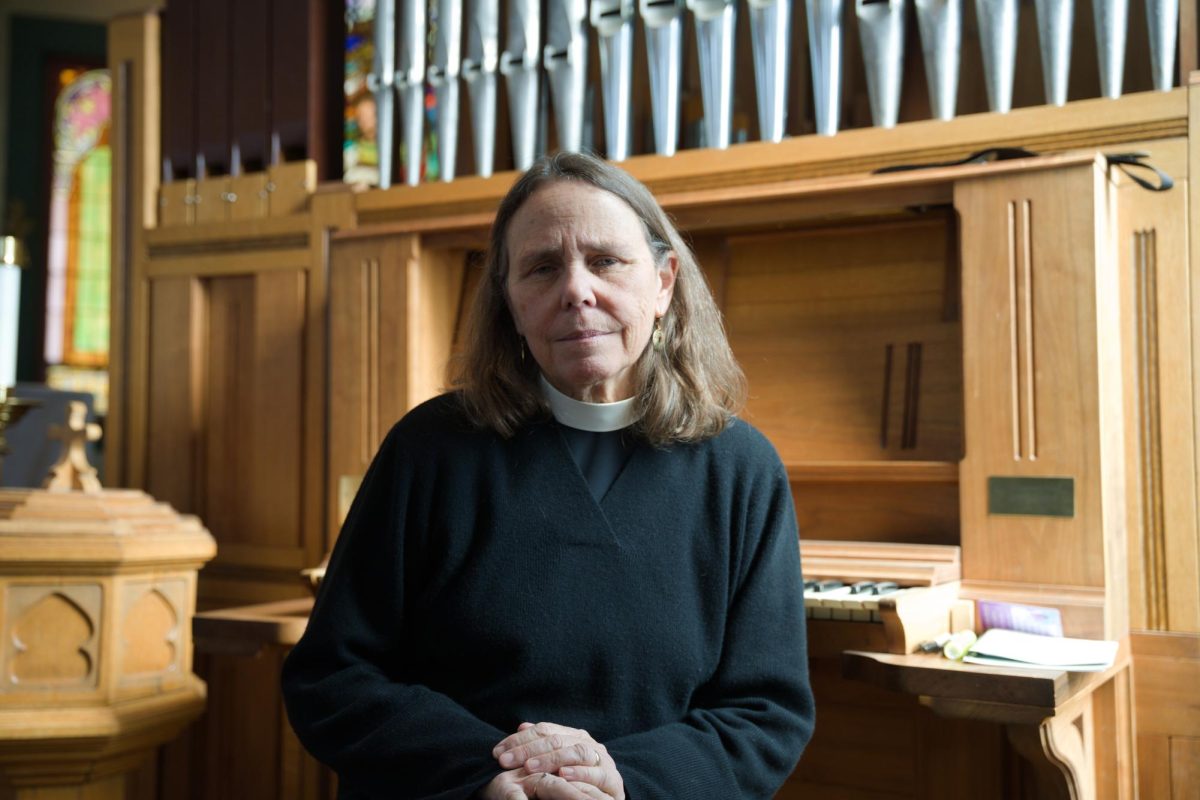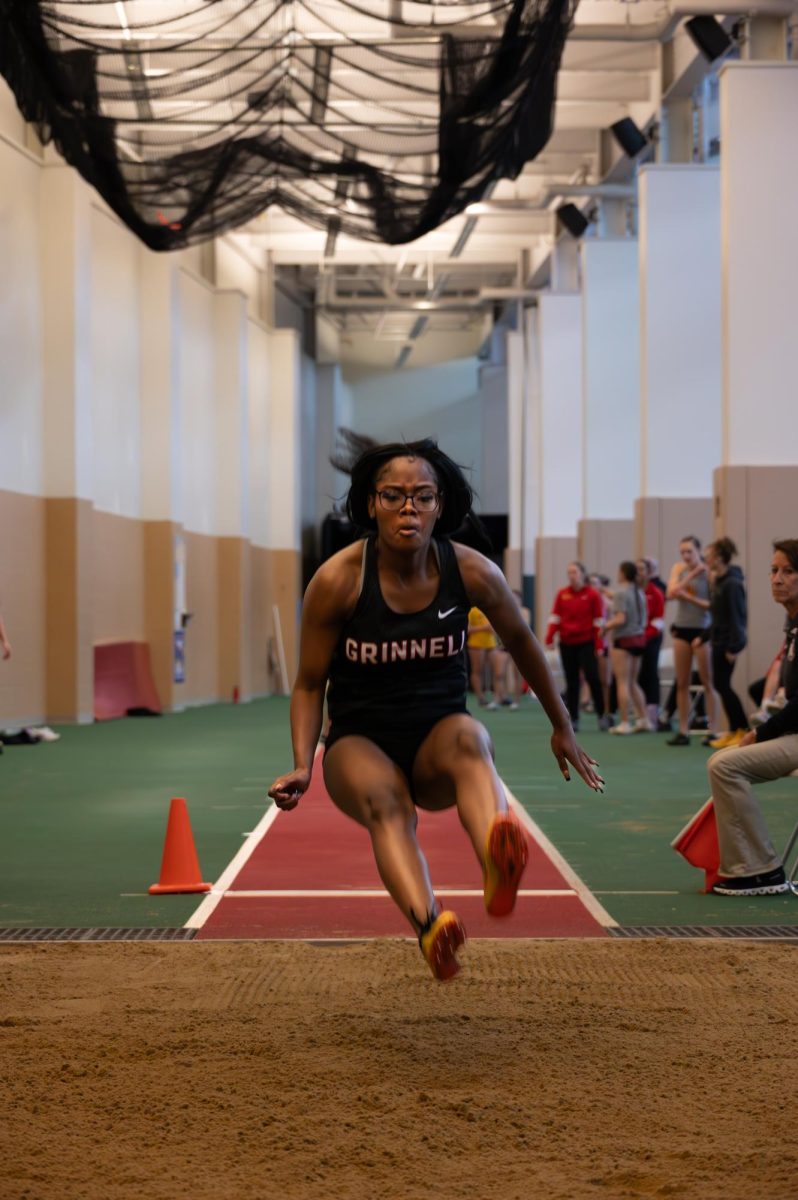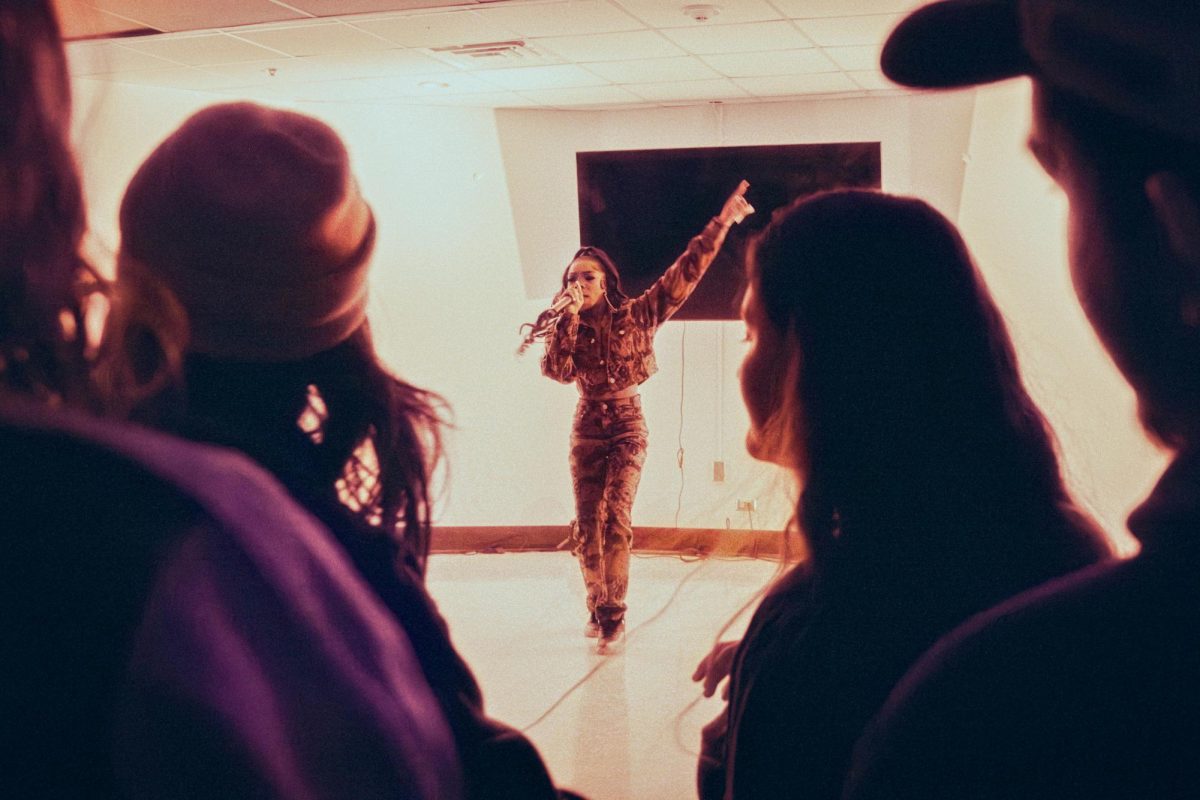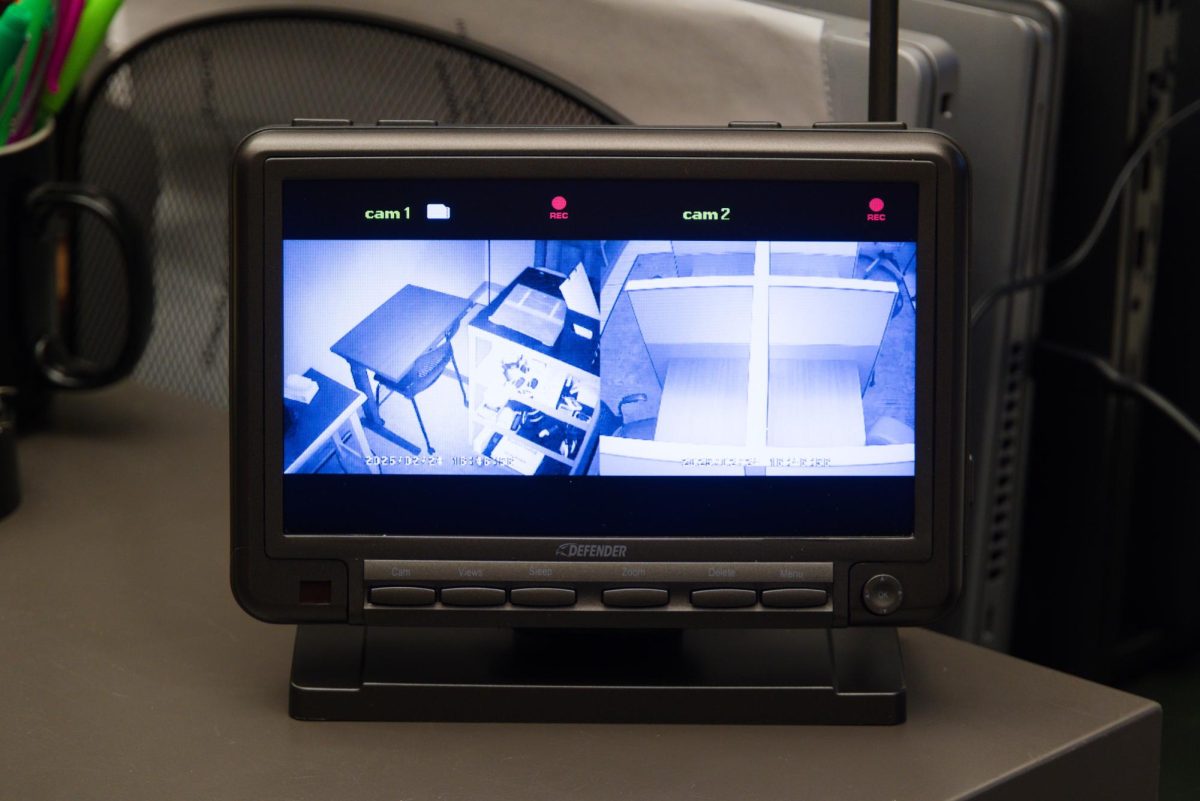In response to campus climate concerns, Joint Board passed “The Resolution Concerning Campus Climate and Continued Discussion” on Wednesday, April 28. The bill aims to combine the pre-existing support roles of Student Staff with facilitation of meetings to discuss issues of identity and discrimination on campus.
“We want to use things that already exist,” said Luis Vallejo ’13, a sponsor of the resolution. “It’s going to impact the next generation of Grinnell that comes in.”
The resolution will mandate diversity training for Student Staff. The training will be one of the many resources that Student Staff can use to support their peers.
According to Vallejo, the idea for the resolution sprang from the Campus Climate Assessment, in which 36 percent of students of color reported being harassed. Another inspiration came from the success of the forum held after the bias-motivated vandalization of the posters of SGA Vice President-elect for Student Affairs (VPSA) Graciela Guzman ’11.
“It was very touching when several people showed up to support Graciela. Imagine if everyone on campus could count on their floor if they ever had such similar situations?” said co-sponsor Cyril Afeku ’13. “I feel that Grinnell is [suffering] from a lack of community and this would go a long way to help.”
The resolution also includes a clause that pledges “support for Faculty/Staff movements to form groups similar to student organizations that currently exist, e.g. AJust, Real Men, and Posse.”
The resolution is the product of collaboration between several first year students, Assistant Dean of Students and Director of Residence Life and Orientation Andrea Conner and next year’s executive SGA cabinet. Vallejo, who plans to run for Senator next semester, and Afeku, who will be a Student Advisor in Rathje Hall next year, combined their original proposal with a similar idea under the guidance of SGA President-elect and current VPSA Ben Offenberg ’11.
“It was [Christian Snows ’13 and Kathy Andersens ’13’s] idea to have regular dinners/lunches in the dining hall. Ben basically decided to mesh both ideas together into one resolution,” Vallejo said.
This summer during RLC training, Residence life will decide the specifics of the training in time for Student Staff Training in August, according to Conner.
“We did have one session with AJust and we had one session where Adam Lange [’11] and another student talked about self-gov,” Conner said referring to last year’s student staff training. She said that this year she hopes to triple the number of training sessions about issues of diversity.
However, holding discussions on race, class, and gender will be left up to individual staff.
“We’re not slamming down requirements on anyone,” said Lange, who will be beginning his third year on Student Staff next year and has been a leading proponent of the resolution, according to Vallejo and Afeku.
According to Guzman, a previous draft of the resolution was initially tabled at the April 21 session of Joint Board so that she and Offenberg could collect feedback.
The two attended every residence hall cluster’s staff meetings and tabled to talk to students-at-large about the resolution. The resulting draft removed quantifiable requirements for SAs regarding study breaks, but kept the call for student staff training.
“Our original draft would have saved a lot of our relationship with a lot of student staff because it was directly asking them to do things which we don’t want to put on them yet,” Guzman said. “And I think putting it in training and having those solutions come out of them as opposed to us saying ‘Hey, we’re SGA, we’re telling them what to do’ [is better].”
SAs will have no responsibility beyond attending the training, which is one of several mandatory events during their week-long orientation.
“In an ideal world, every SA would feel comfortable leading in this situation. And if they do not … I would want them to feel like they could meet our expectations in a different way by asking me to come, a new RLC to come, AJust, or another identity-based [group] to come,” Conner said. “There are other ways to do this.”
Regardless, Offenberg, Guzman and Lange all agreed that the majority of Student Staff will use the training as part of their roles as SAs.
“It was overwhelmingly supported,” Offenberg said, referring to responses from current members of Student Staff.
According to Guzman, topics of racism, classism and cultural differences are often avoided because Student Staff worry they do not have the ability to properly handle the situation. Following the training, she believes conversations will open up.
“I think a lot of Student Staff have wanted to be there for their floors and for the people in their halls this way, but they just haven’t necessarily had the direct kind of training you need to feel comfortable with that,” Guzman said.
Conner said she hoped to incorporate facilitation training into Student Staff Training when she was hired at the end of the last academic year. When Afeku met with her two months ago about the issue, her “instincts were confirmed,” she said.
“There’s always a place for baking brownies and painting your nails,” Conner said, adding that the tried-and-true methods of floor bonding should increase in frequency. “But there’s also an opportunity for Student Staff to be a part of larger conversations.”
